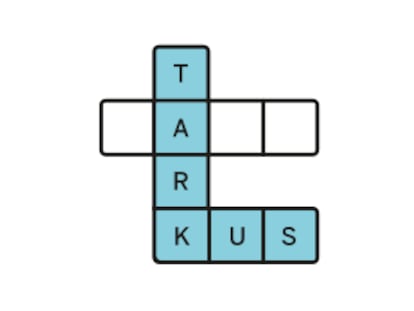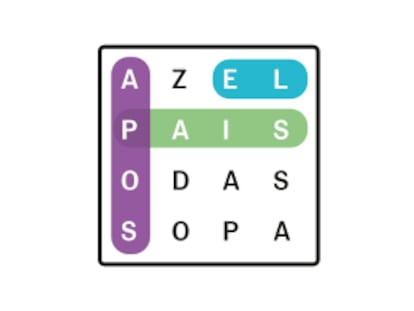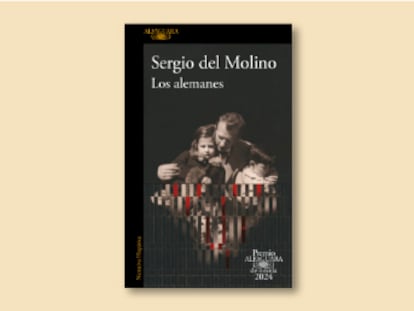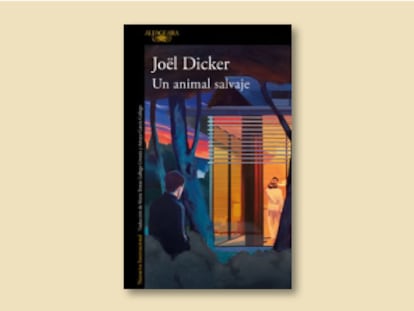Energía nuclear en España
Cable en el que España quiere dejar abierta la opción de enriquecer uranio en el futuro
El 2009 la Embajada en Madrid informa de la reunión con Carlos Torres, consejero para no proliferación del Ministerio de Exteriores
| ID: | 186657 |
| Date: | 2009-01-12 11:30:00 |
| Origin: | 09MADRID29 |
| Source: | Embassy Madrid |
| Classification: | SECRET |
| Dunno: | 08MADRID1262 08MADRID1296 08MADRID1362 08SECSTATE126581 |
| Destination: | VZCZCXRO4588 PP RUEHAG RUEHROV DE RUEHMD #0029/01 0121130 ZNY SSSSS ZZH P 121130Z JAN 09 FM AMEMBASSY MADRID TO RUEHC/SECSTATE WASHDC PRIORITY 0049 RUEHUNV/USMISSION UNVIE VIENNA PRIORITY 0103 INFO RUCNMEM/EU MEMBER STATES COLLECTIVE PRIORITY RUCNNSG/NUCLEAR SUPPLIERS GROUP COLLECTIVE PRIORITY RUEHBJ/AMEMBASSY BEIJING PRIORITY 0722 RUEHBS/AMEMBASSY BRUSSELS PRIORITY 5339 RUEHMO/AMEMBASSY MOSCOW PRIORITY 0927 RUEHFR/AMEMBASSY PARIS PRIORITY 1523 RUEHRO/AMEMBASSY ROME PRIORITY 2426 RUEHLA/AMCONSUL BARCELONA PRIORITY 3741 |
S E C R E T SECTION 01 OF 02 MADRID 000029 SIPDIS PASS TO ROBIN DELABARRE OF ISN/NESS, ELAINE SAMSON AND STACIE ZERDECKI OF EUR/WE E.O. 12958: DECL: 01/12/2019 TAGS: KNNP, MNUC, PARM, SP, TRGY, ENRG, ETTC, FR SUBJECT: SPAIN: MFA EXPLAINS ITS STANCE ON DRAFT PARAGRAPH 7 OF CRITERIA-BASED NSG PROPOSAL REF: A. 08 MADRID 1362 B. 12/12/08 (U) EMAIL FROM POLOFF CLIFTON TO USUNVIE C. 08 MADRID 1296 D. 08 SECSTATE 126581 E. 08 MADRID 1262 MADRID 00000029 001.2 OF 002 Classified By: DCM Arnold A. Chacon for reasons 1.4 (b) and (d) 1. (C) POLOFF met on January 8 with Carlos Torres, Counselor for Nuclear Non-Proliferation and Disarmament in the MFA,s DG for Strategic Affairs & Terrorism. Torres raised the issue of Spain's ongoing reservations about revisions to the Nuclear Supplier Group's (NSG's) Guidelines for Transfers of Enrichment & Reprocessing Equipment and Technology, as discussed in REFTELS B, C, D and E. While Torres said that the GOS believes that Spanish concerns about proposed revisions to Paragraph 6 would be resolved with the inclusion of a sentiment as proposed by the GOS in REFTEL B, he opined that Madrid is still "far from reaching an agreement" on the current version of the revised Paragraph 7. He also remarked that he understood Moscow and Beijing were agreeable to the current draft that Madrid opposes. 2. (C) Torres likened the existing revision of Paragraph 7 to the Nuclear Non-Proliferation Treaty, which would divide countries into a before and after of have's and have-not's, with those who could enrich uranium and those who could not. He asserted that for Spain -- which he described as having a vibrant, longstanding civil nuclear industry -- the issue is not a theoretical one but is a practical matter with very serious implications for the future of Spain's nuclear electricity industry. Torres opined that the acceptance of a Paragraph 7 similar to the revision that has been drafted would mark the "death" of Spanish participation in this industry. 3. (C) To illustrate his concern, Torres described the predicament of Spanish participation in the European Gaseous Diffusion Uranium Enrichment Consortium (known as EURODIF), in which ENUSA, a state-owned Spanish company, has an 11 percent stake. (COMMENT: France has a direct 44 percent stake and also owns a 60 percent stake in a joint venture with Iran, named SOFIDIF, that has a further 25 percent share in EURODIF. Belgium, with 11 percent, and Italy, with 8 percent, are the other shareholders. END COMMENT) EURODIF's uranium enrichment plant in Tricastin, France - known as Georges Besse - opened in the 1970s and is expected to be phased out of operation by 2013 because it uses older technology and is not competitive in the market place. It is scheduled to be dismantled by 2020. A more efficient successor plant, named Georges Besse II, which uses gas centrifuge technology, is being constructed at a cost of $4.7 billion. It is expected to gradually come online, beginning in 2009, and to reach full production capacity by around 2016. However, France is seeking too high of a price for EURODIF members to be partners in the new plant, according to Torres, who suggested that France does not appreciate the role Spain has played in EURODIF since its creation in 1973. Consequently, France's asking price may force ENUSA to exit EURODIF and seek membership in another nuclear consortium. Torres explained that Spain wants the freedom to do business with whomever it wants in this industry, which he described as "strategically very important" to the GOS. However, he claimed that the current revisions to Paragraph 7 would block Madrid from doing so. 4. (S) Returning to political rather than commercial issues, Torres emphasized that the GOS is not looking to create a confrontation but is interested in discussing the issue with its allies, which Madrid already is doing with Paris. Madrid wants Paragraph 7 to be revised in a way that would enable Spain to participate in nuclear consortia of its choosing and to retain the option of being able to pursue enrichment at some point in the future. Torres also indicated that he is under the impression that the Spanish Mission to the UN in Vienna does not enjoy open lines of communication with its U.S. counterpart and perhaps does not enjoy the full confidence of the USG. Torres will be traveling to Vienna to be part of the Spanish delegation for the January 15 meeting to discuss revisions to Paragraph 7 and has signaled that he MADRID 00000029 002.2 OF 002 hopes to be able to discuss Madrid's concerns with the U.S. delegation. He also indicated that he is available to clarify Spain's position with U.S. officials in Washington. 5. (C) COMMENT: Although the Zapatero administration's long-stated policy is to phase out nuclear energy plants in Spain at the end of their useful lives (see REFTEL A), the concerns described by Torres may be part of a behind the scenes effort to keep Spain's future energy options open. We have no information to suggest that there is any coordination between this effort and the political decision of whether to phase out the plants, or that this implies that political sentiment is swinging against the phaseout. END COMMENT. AGUIRRE |
Traduce este documento »
Traducción automática. Puede que el texto traducido no sea fiel al original
_







































































